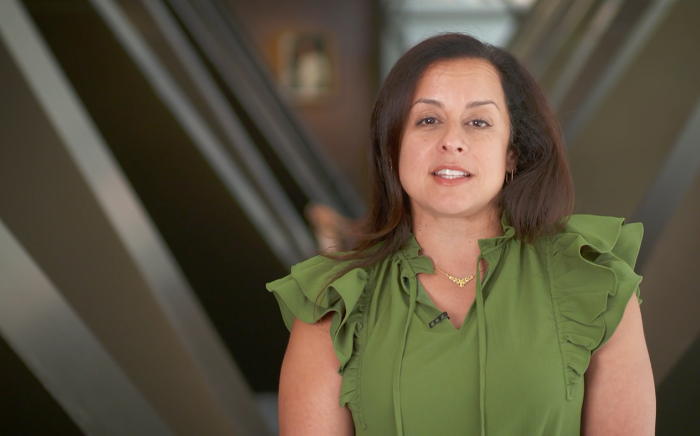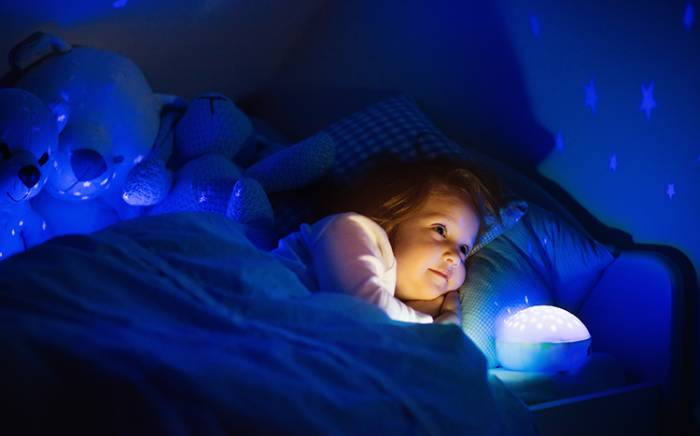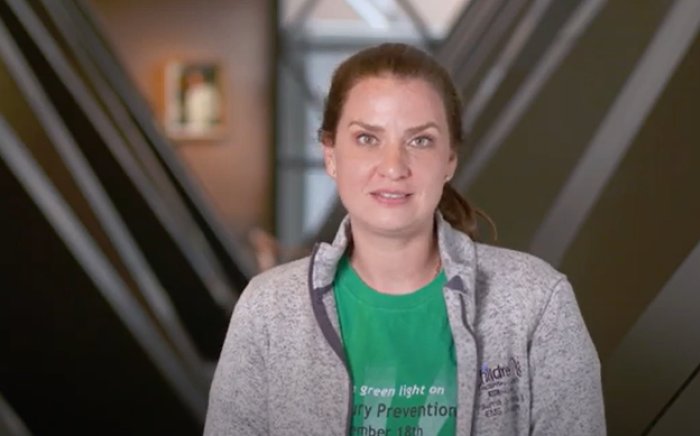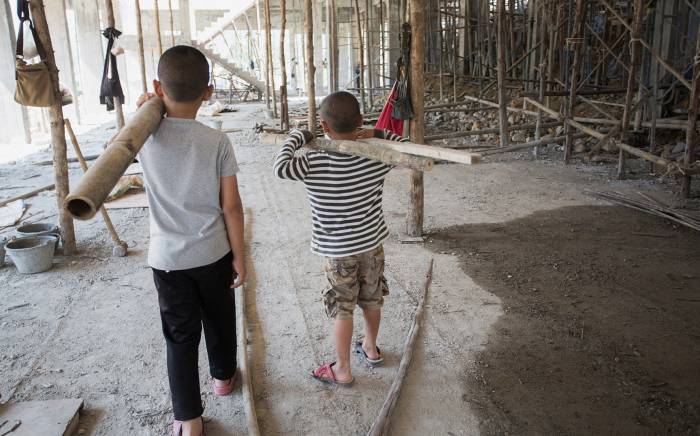Many new parents have questions about basic baby care. Adoptive parents are far from home and their support network of family, friends and pediatrician. They have not had the opportunity to spend a couple of days learning about their baby in the hospital. Here are some basic baby care guidelines to get you started for the first days and weeks.
Caring for the umbilical cord
Your baby’s navel will likely have a dried up stump of an umbilical cord still attached. Here is how to care for it.
- Keep it clean and dry until it falls off on its own.
- Do not submerge the baby in water (i.e. a bath) until it falls off.
- Fold the diaper down in front so that it does not cover the navel.
- Clean the cord with rubbing alcohol during diaper changes. You may use an individually wrapped alcohol pad, or simply use q-tips dipped in rubbing alcohol. Wipe the alcohol around the base of the cord, trying not to get excessive amounts of alcohol on the baby’s skin.
- Watch for increasing redness around the belly button; this can be a sign of infection and should be brought to the attention of a doctor.
Bathing your Baby
Newborns do not need to bathe as frequently as older children and adults. In general, twice a week is sufficient. If your baby spits up or has large stools often, you may want to bathe him or her more often.
Keep these tips in mind:
- Do not submerge the baby in water (i.e. a bath) until the umbilical cord falls off.
- Until the cord falls off, the easiest way to bathe babies is by sponge baths.
- Keep your baby warm. In the hotel bathroom, use the heat lamp or have the bathtub filled with warm water to steam up the room.
- You may want to only partially undress the baby while you bathe the exposed areas as another way to keep the baby warm.
- Use a soft washcloth with warm (not hot) water.
- Soap is usually not necessary, but if you do use it, choose a mild cleanser such as Dove, Eucerin, or Johnson’s baby wash.
- You also do not need to apply lotion, but again if you choose to, use a mild lotion such as the brands listed above. Do not put lotion on the face, or on the hands (which newborns love to put in their mouths).
Dressing a newborn
Newborns get cold easier than we do because they have very little body fat. A good guideline to follow is to dress your baby in one more layer of clothing than you are comfortable in, regardless of the weather. In general, hats and booties or footed clothes are good to keep the head and feet warm. A comfortable room temperature is around 70 degrees F for a newborn. It is best to not have a newborn outside for very long in weather that is much warmer or cooler than that. In addition, newborns cannot use sunscreen, so you will need to keep them out of direct sunlight during the day and indoors if bugs are out in the evening.
Circumcision Care
If your son is circumcised, you may need to take extra care of his penis until it is fully healed. This usually takes about a week. Click here to learn more.
The main goals are to keep it moist as it heals, avoid having it stuck to absorbent diapers and keeping it clean.
- Change your son’s diapers as soon as they are wet or soiled
- Very carefully wipe the sore area with a soft wipe or cloth if it is soiled by stool.
- Keep the circumcision site moist as it heals is with Vaseline, or generic petroleum jelly. Put a generous amount of Vaseline on a small (2 inch square or similar) piece of gauze. Place the gauze on the tip of the penis so that the Vaseline completely covers the sore area.
- Replace the Vaseline gauze when it is soiled at diaper changes.
- You can buy the gauze at a pharmacy such as Walgreen’s, but the hospital may also give you some when you leave. It may be helpful to have a nurse or doctor show you how to put the gauze on before you leave the hospital.
- Follow your doctor’s instructions for care specific to your child.
Diapers-cloth or disposable?
Click here to learn more.












